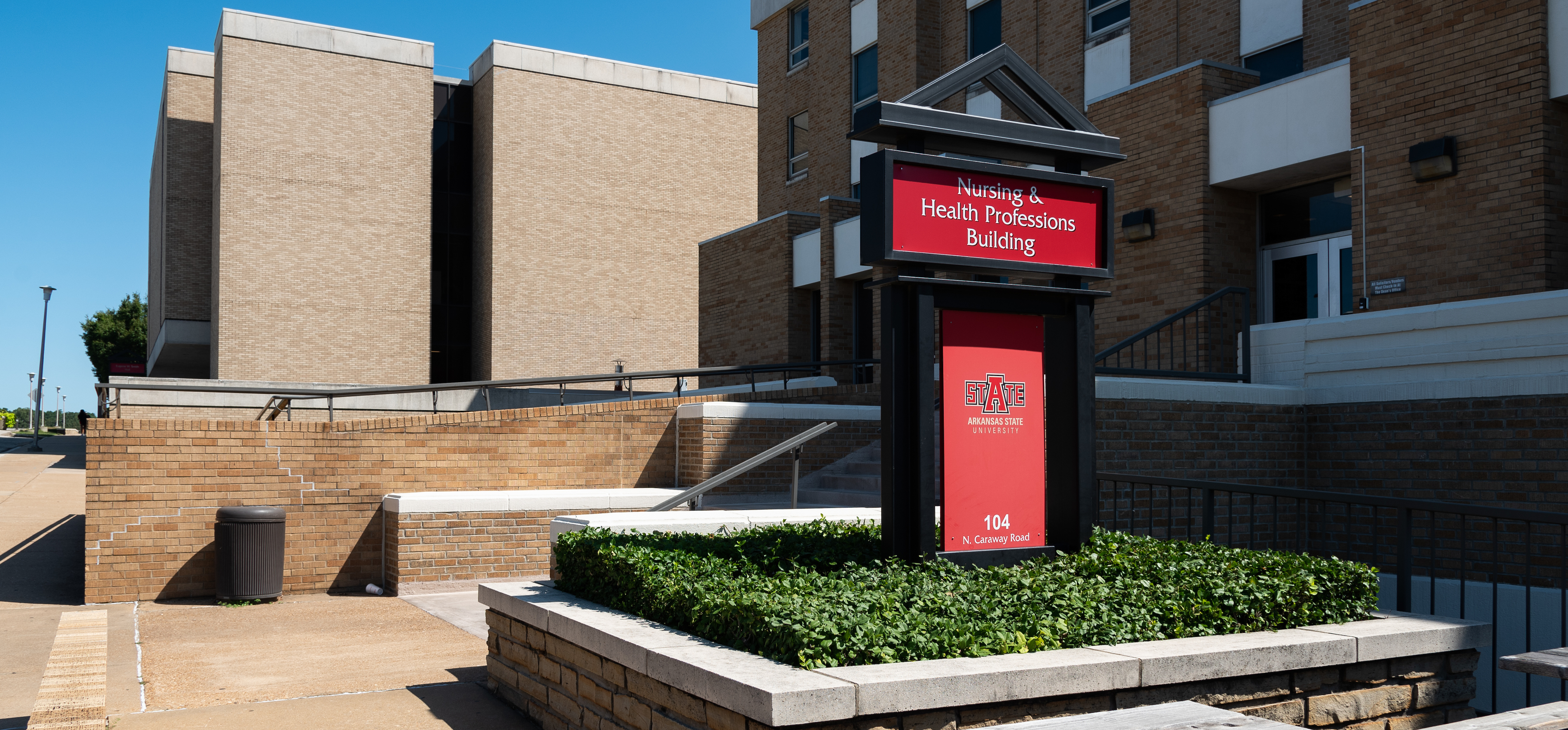Degree Name
Nursing Practice, DNP
Publication Date
2025
Upload Date
4/27/2025
First Advisor
Mary Newkirk
Abstract
Simulation provides nursing students with experiences that are as effective as clinical experiences in a non-threatening environment. Clinical experiences such as obstetrics, pediatrics, and mental health have been observation only at the project site. With observation-only clinicals, students do not have opportunities to master skills specific to nursing, which bridge theory to practice. The purpose of this Quality Improvement (QI) project focuses on educating nursing faculty who may not be simulation experts to learn the skills to build and implement simulations that align with the International Nursing Association Clinical and Simulation Learning (INACSL) simulation standards. The Primary Investigator (PI) utilized the Confidence Scale as the measurement tool in a paired t-test for data analysis. The Confidence Scale evaluated pre- and post-tests measuring four nursing faculty members’ confidence in utilizing INACSL simulation standards for building and implementing simulation at this project site. The major findings focused on the impact on the nursing faculty’s confidence, with a p-value of < .001 for the intervention of the three education sessions in building and implementing simulations, exhibiting statistical significance of the intervention. These findings support the evidence to increase simulation use and replace up to 30% of clinical hours with simulation hours. This QI project was guided by the PDSA model to prepare nursing faculty in simulation execution to increase the use of simulations to better prepare nursing students for practice.
Rights Management

This work is licensed under a Creative Commons Attribution-NonCommercial 4.0 International License
Recommended Citation
Morris, Melissa, "Building Confidence in Critical Thinking Through Faculty Implementation of Simulation" (2025). Doctor of Nursing Practice Projects. 108.
https://arch.astate.edu/dnp-projects/108


